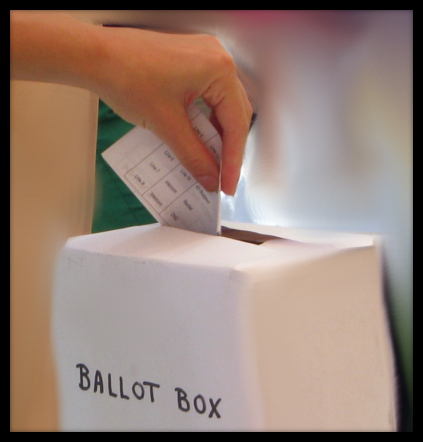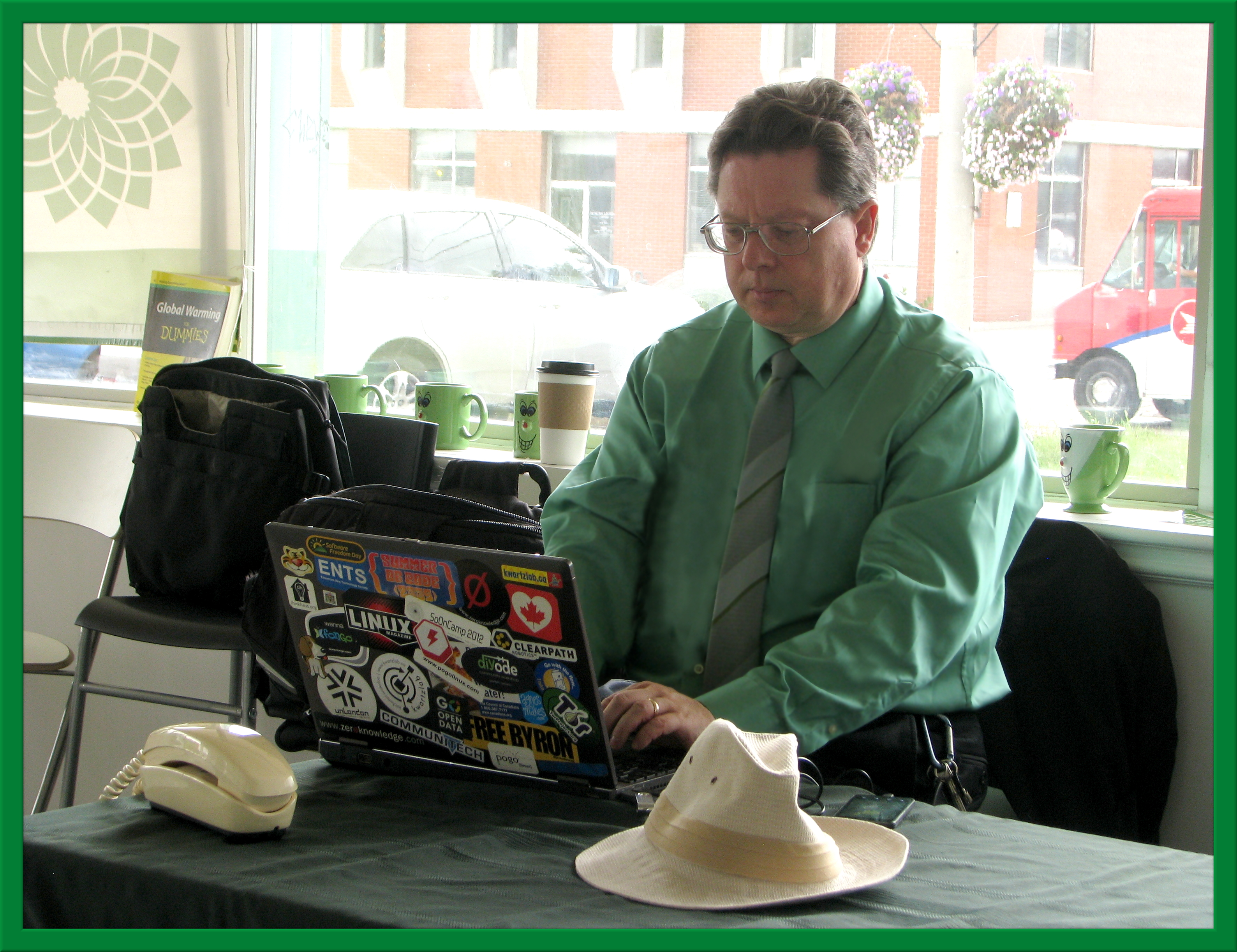
There are several important events coming up in the new year that may be of interest to Waterloo Region Greens. Our calendar will keep you up to date on any WRGreens events, as well as events put on by other organizations that may be of interest to local Greens.
Provincial Basic Income Consultation
 Friday January 13th, 2017
Friday January 13th, 2017
6:30 – 9:00pm
Kitchener City Hall
200 King Street West
Kitchener, ON
N2G 4G7
Register for the Kitchener Consultation here.
You can make an online submission until January 31, 2017

“Basic income is an idea which provides a different approach to income security and reducing poverty,” the statement said. “It’s important we hear as many views as possible to ensure we get this right.”
The ministry says it’s particularly interested in thoughts about how the pilot program is designed, including who should be eligible, which communities to include, and how it will be evaluated.
“What they’re doing is trying to collect information in order to build a position. It’s very difficult (for us) to take a firm position at this point because we don’t actually know what the province is going to end up doing,” Bartholomew-Saunders said. “They’re collecting information to determine what they’re going to be doing.”
— Kitchener Post: Public invited to have say on basic guaranteed income
Guaranteed Livable Income was an important part of the 2015 GPC platform, and remains as party policy, so we are pleased to see the Ontario Liberals proceed with this program. The danger is that it could actually make Ontario poverty conditions worse if implemented badly.
Find out more about Basic Income from our own long time local advocacy group, Basic Income Waterloo Region.
GPC Federal Council Meeting
Sunday 22 January 22nd, 2017
6 to 8 pm EST
If you wish to attend, you can register here.
Trusted Clothes Swap at KCI
Saturday, January 28th, 2017
10:30am – 1:00pm
Kitchener-Waterloo Collegiate and Vocational School
787 King St W,
Kitchener, ON N2G 1E3
Bring your gently used, clean clothes that you don’t want any more and leave with new (to you) stuff! We will be accepting donations beginning at 10:30am, event starts at 11. The event is COMPLETELY FREE and aims to raise awareness about textile waste and how our clothes affect the environment. No under garments or lingerie accepted please! There is free parking available at the KCI lot, just off King Street. Public transit also available via route 7 from Uptown Waterloo. You can swap men’s wear, women’s wear, kids clothes, jackets, shoes and accessories. Please share this invite with your family and friends. No tears or stains. Just bring items you would bring home. Our past clothing swaps have been featured on CBC, CTV, and various newspapers and magazines within the Waterloo Region.If you or someone you know is interested in helping out at the event please send an email to events@trustedclothes.com.
There is free parking available at the KCI lot, just off King Street. Public transit is also available via route 7 from Uptown Waterloo.
[Note: the school was formerly Kitchener Collegiate Institute, and is still known locally as KCI]
GPC Online Ratification Vote
![]() Finally, there is the online vote to ratify the policy adopted at the December SGM in Calgary. All GPC members can (and should) participate in the ratification vote until February 6th, 2017.
Finally, there is the online vote to ratify the policy adopted at the December SGM in Calgary. All GPC members can (and should) participate in the ratification vote until February 6th, 2017.
Don’t leave it until the last minute!
You’ll find these — and more as we hear about them— in the WRGreens Calendar you can always find in the menu bar at the top of the page.
Be sure to keep an eye on this calendar for future Green events and outings (movie nights, learning communities, etc.) in Waterloo Region.
Subscribe to the blog (click the green “follow blog” button at the top of the sidebar) for regular updates.
This is going to be a very good year!
 Computer security people will be able to tell you:
Computer security people will be able to tell you: